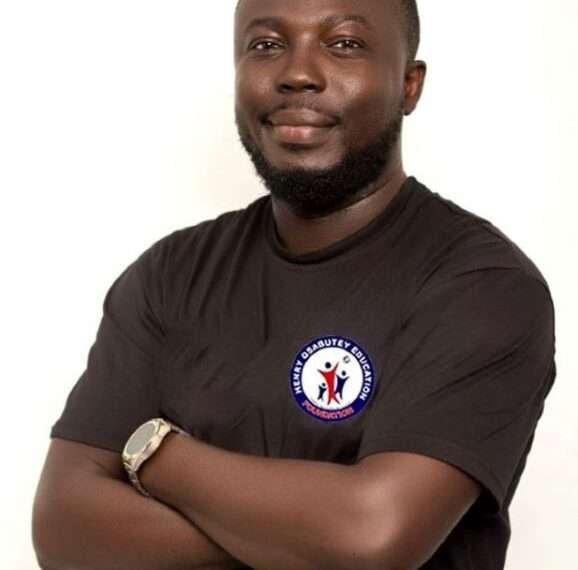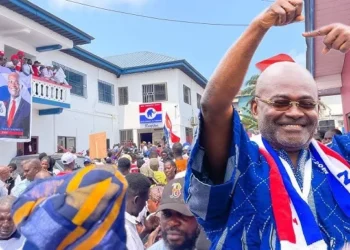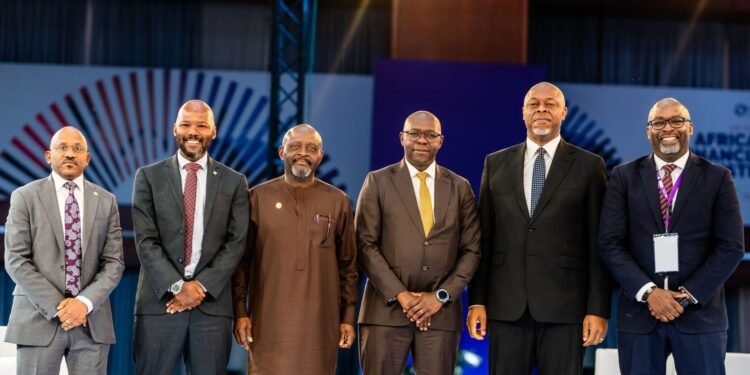On August 1st, 2025, Ghana made a remarkable gesture by donating humanitarian aid packages to Palestine.
It was a powerful symbol of humanity, solidarity and compassion. However, as a professional teacher who has served in rural classrooms for nearly two decades, I couldn’t help but ask: what about the children right here in Ghana?
If we can send food relief thousands of miles away, can we not also prioritize our own children’s nutritional and mental wellbeing starting with cocoa, the very backbone of our economy?
It is time for Ghana Cocoa Board (COCOBOD), under the leadership of Dr. Randy Abbey, and with full support from His Excellency President John Dramani Mahama, to initiate a national Cocoa Royalty Program.
This initiative should guarantee that every pre-tertiary school child in Ghana has regular access to cocoa products not as a treat, but as a compulsory component of the school feeding programme, especially in cocoa-growing communities.
Cocoa is Ghana. It sustains our economy, provides thousands of jobs, and shapes our global image. Yet, ironically, the average Ghanaian schoolchild rarely consumes cocoa-based products, while our best beans are exported.
Every year, Ghana produces between 800,000 to 1,000,000 metric tonnes of cocoa, making us the second-largest producer globally. In 2022 alone, cocoa export earnings exceeded $2 billion.
Let’s not forget that many of these same children are the very ones engaged often under forced or hazardous conditions in cocoa-growing communities across Ghana.
According to a 2020 joint report by NORC at the University of Chicago and commissioned by the U.S. Department of Labor, nearly 1.56 million children in Ghana and Côte d’Ivoire were involved in child labour in cocoa production, with over 790,000 of them in Ghana alone.
These children, who work tirelessly in the fields, deserve at least a fair share of the fruits of their labour beginning with regular access to cocoa-based products in their school meals.
As the Akan proverb wisely puts it, “Se wo nso wo nsa ka aduan no a, gye sɛ wokɔ ka ho” to wit “If your hand is in the food, you should have a share.” In essence, those who help produce must not be left out of the benefits.
We can afford to share with others, and that reflects our values as a nation. But in doing so, we must not overlook our own children. Those who help build the nation must also benefit from its wealth. As the Akan saying goes,“Abofra a ɔboa wo wɔ afuo mu no, ɛsɛ sɛ ɔnya ne kyɛfa a ɔde bɛdi” to wit “The child who helps you on the farm deserves a fair share of the harvest.”
Research from institutions like the University of Reading and Harvard School of Public Health has shown that cocoa flavonoids improve cognitive function, memory, and attention span in children and adults alike.
Cocoa also contains magnesiuum, iron, and antioxidants essential for healthy development. In classrooms across Ghana, I’ve seen how malnutrition and lack of energy undermine learning. A child cannot learn on an empty stomach and a child’s brain cannot thrive without proper nourishment.
This proposal is not just about nutrition. It’s about national pride, legacy, and education. By integrating cocoa products into the daily lives of our children, we help them appreciate the importance of cocoa to Ghana’s development, understand how agriculture contributes to national revenue, stay healthy, energized and mentally sharp for academic success.
I therefore call on Ghana Cocoa Board (COCOBOD), Office of the President of Ghana, Parliament of Ghana, Ministry of Education, Ministry of Gender, Children and Social Protection, Ghana Education Service, Mastercard Foundation, and all civil society actors supporting child welfare and education to act swiftly and collaboratively to the benefit of the Ghanaian child.
This is the moment to make our children feel that the fruits of their soil are meant for them too. This initiative will not only improve school performance but will also instil a deep-rooted sense of national pride and responsibility in the next generation.
Mr. President, Dr. Randy Abbey, and all key stakeholders: this is your opportunity to transform education through nutrition and national heritage.
Let Ghana lead once again, not just in exports or diplomacy but in caring for our own. Because truly, “what is good for Palestinians is good for Ghanaian children too.”
Authored by Amb. Henry Osabutey| Global Goodwill Ambassador – GGAF -USA | M. Phil – Human Rights, Peace & Conflict Scholar | henryosa@gmail.com | +233 243 131 088 | YALI West Africa – Mastercard Foundation Alumni | Ghana
READ ALSO: Gold’s Slippery Slope Could Break the Cedi’s Winning Streak – Fitch Raises Alarm























